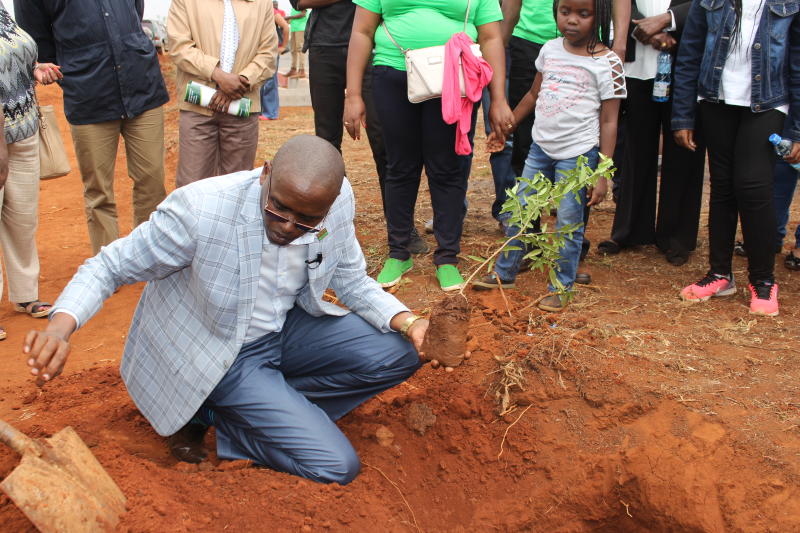
As we celebrate World Environment Day today, with the theme “ecosystem restoration”, more emphasis need to be put on protecting forests in order to protect biodiversity. We should focus on green recovery towards carbon neutrality that will focus on policies and solutions that tackle the climate emergency, and economic and social injustice.
There is no doubt that Kenya is endowed with valuable natural resources but which continue to be predisposed to untold socio-economic dangers. The dangers are not unique to Kenya. Across the region, the environment continues to suffer from irreparable damages induced by economic activities.